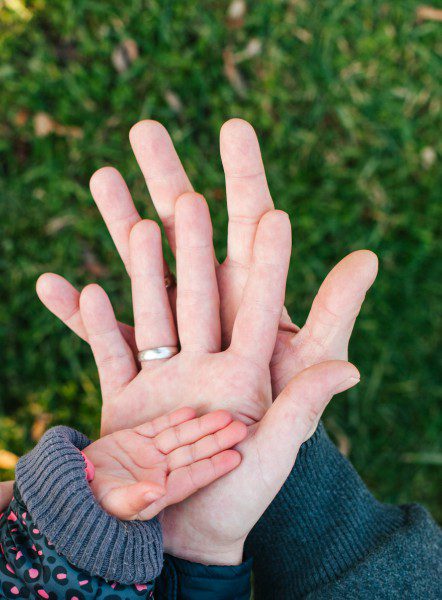 When you’re in recovery, you may feel like a brand-new person — especially when you first leave treatment. As your brain heals from addiction, you begin to think more clearly and make better decisions. But while you might feel completely changed, your family members and other loved ones may see things from a different perspective.
When you’re in recovery, you may feel like a brand-new person — especially when you first leave treatment. As your brain heals from addiction, you begin to think more clearly and make better decisions. But while you might feel completely changed, your family members and other loved ones may see things from a different perspective.
Your past behavior may have strained — or even fractured — important relationships. Maybe you said hurtful things under the influence of drugs without even knowing you said them. Or perhaps you lied to cover up the fact you were high or using drugs. Over time, this pattern of behavior may have reduced your family’s ability to trust you.
Once you’ve started the recovery process and have been clean for a while, you’ll likely receive forgiveness from loved ones. However, there’s a difference between forgiveness and trust. While both are necessary for relationships, it’s easy to get the two confused.
- Forgiveness is not the restoration of trust. Forgiveness means intentionally letting go of resentment, anger and feelings of bitterness.1
- Trust is more complicated and takes time to rebuild. Trust is typically based on someone’s ability to believe you and rely on you.
When trust is present, relationships flourish and grow. Here are a few simple strategies you can use to rebuild trust with your loved ones.
1. Start Slow
Don’t expect your relationships to pick up as if everything’s normal and you’ve been healed. Some of your friends or family members may not be ready to talk to you or even see you right out of treatment. While this may be disappointing, you have to start somewhere. You’re reinserting the sober version of yourself into the lives of others you’ve hurt. Be sensitive to their needs, and show them empathy.
2. Respect the Boundaries of Others
Instead of making assumptions, ask questions that allow your loved ones to establish boundaries, and listen to what they say. It’s important to respect their decisions, even if you don’t like them. For example, maybe you had a habit of stopping by your parents’ house unannounced before you went into treatment. Don’t assume that behavior is okay now. Your parents may want to start out by meeting you in a public place, such as a restaurant, at a planned time. While this is a change — and may even feel a little awkward compared to how you’ve interacted in the past — be grateful for your time together. And keep in mind that boundaries may change over time. Remain hopeful and optimistic, and try to savor every moment as much as possible.
3. Go to Family Counseling
Family therapy is an important part of recovery as it can help you move forward instead of repeating past behaviors. When you attend a family program, a trained professional guides you and your loved ones as you heal together. This process can be helpful in setting specific boundaries, while also providing a safe space for each individual to express how he feels. Open communication during counseling sessions can help address any problems or concerns.
4. Give It Time
Keep in mind that it can take longer to develop trust than it does to love or forgive someone.2 Try to put yourself in the other person’s shoes, and consider what it was like for them while you were under the influence. They’ve been hurt, so it’s natural for trust to take time. Your actions — and how you respond to your loved ones — are the foundational elements that help restore trust.
Wherever you are today, know that you can rebuild trust with your loved ones. Picture yourself having fun together again. You’re fully present, enjoying quality time with people you care about. Sounds terrific, right? Keep this picture in your mind. As you continue to move forward in your recovery, this is one of many new memories you can look forward to experiencing.
And remember, every day you’re healthy and sober is another day you have the chance to reconnect with your family and loved ones. If you’re struggling in recovery or just need someone to talk to, we’re ready to help.
Sources:
1 “Forgiveness: Letting Go of Grudges and Bitterness.” Mayo Clinic, November 4, 2017.
2 Edwards, Drew. W. “Rebuilding Relationships In Early Recovery.” Psych Central, July 17, 2016.
By Jim Woods
